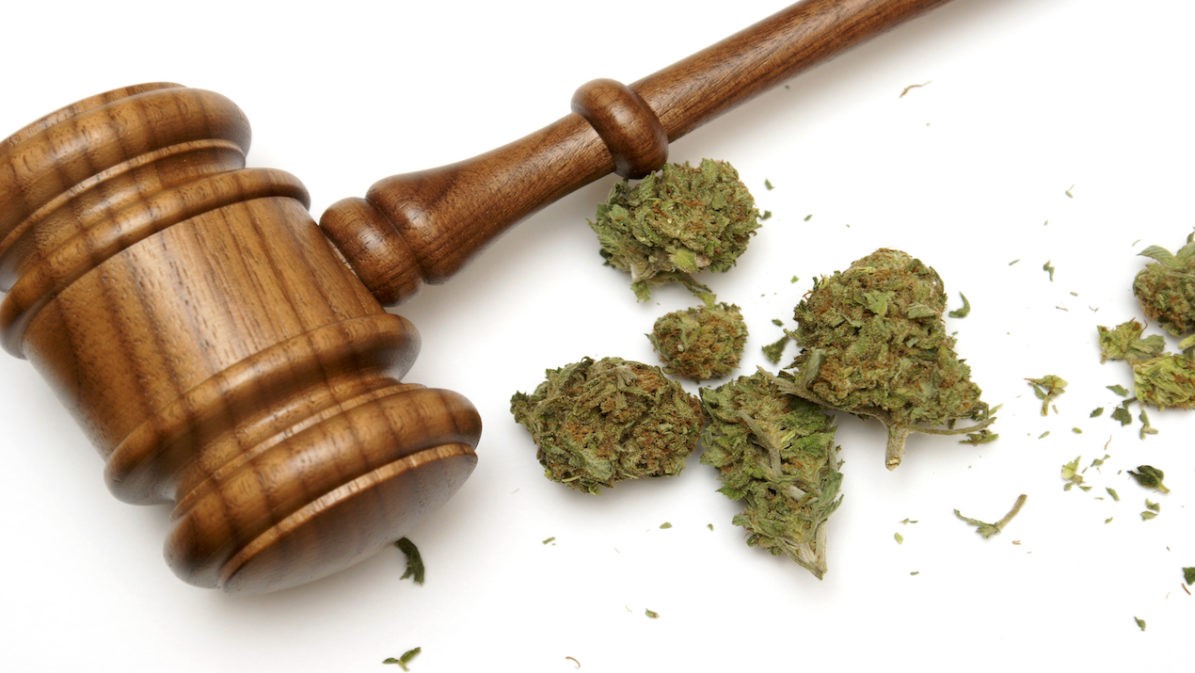
Tax Warrants Crack Down on Unlicensed Dispensaries in L.A. and San Bernardino Counties
California officials have started cracking down on unlicensed dispensaries with 12 tax warrants throughout Los Angeles and San Bernardino counties.
The California Department of Tax and Fee Administration (CDTFA) announced Wednesday that over the past several weeks twelve illegal cannabis retailers in Los Angeles and San Bernardino counties were served tax warrants with the assistance of the California Highway Patrol (CHP).
The CDTFA seized nearly a million dollars in illegal cannabis products that will be destroyed and approximately one hundred thousand dollars in cash that will be applied to tax liabilities. The investigation was a joint effort between CDTFA investigators and the CHP.
“The CDTFA’s collaboration with the CHP is an important deterrent to tax evasion,” states CDTFA Director Nick Maduros. “Tax evasion unfairly shifts the burden onto all other taxpayers and makes it tough for those businesses that are playing by the rules to survive.”
Under the California Revenue and Taxation Code, any person who willfully evades or attempts to evade the reporting, assessment or payment of the cultivation tax, the cannabis excise tax, or the sales tax that would otherwise be due is guilty of cannabis and sales tax evasion. Violators are subject to fines and/or jail time. The CDTFA Investigations Bureau administers the tax enforcement and criminal investigations program. The Bureau plans, organizes, directs, and controls all criminal investigative activities for the various tax programs administered by the CDTFA. Its goals are to deter tax evasion, identify new tax fraud schemes, and actively investigate and assist in the prosecution of crimes committed by individuals violating the laws administered by the CDTFA.
California levies a 15 percent excise tax on recreational sales cannabis in addition to the state’s 7.25 percent sales tax and local taxes of up to 1 percent. Cannabis businesses taxes are decided by municipalities and can run from 0 percent up to 15 percent. The state also imposes a cultivation tax of $9.65 per ounce.
According to the OC Register, California raised $1.03 billion in cannabis taxes between As of March 10, 2020 and January 2018 when recreational legalization went into effect. While Gov. Gavin Newsom has downgraded the state’s cannabis excise tax projections from $479 million to $443 million for the fiscal year, there is growth in the licensed marketplace. A recent cannabis sales report by BDSA marked a high-point in sales for California’s regulated cannabis market, setting a new single-month record with $290.1 million in sales for May, 2020 and representing 15 percent growth both from the trailing month and compared to May, 2019.
After regulatory costs, cannabis taxes go to essential public services such as low-income childcare, cannabis research, public safety grants, and environmental remediation for lands harmed by illegal cannabis grown. California has set out to capture every dime.
The California Department of Tax and Fee Administration (CDTFA) administers California’s sales and use, fuel, tobacco, alcohol, and cannabis taxes, as well as a variety of other taxes and fees that fund specific state programs. CDTFA-administered programs account for over $70 billion annually.
The targets of the enforcement action were not disclosed.
DISCLAIMER: Cannabiz Digital does not sell cannabis. This publication covers business topics surrounding legal cannabis in California and the United States. It does not provide legal or medical advice. Consult your physician, lawyer, and local laws regarding cannabis. We do our best to provide current information at the time of publishing with no guarantees to accuracy. We understand this industry changes quickly and welcome your feedback. [Send Feedback]



